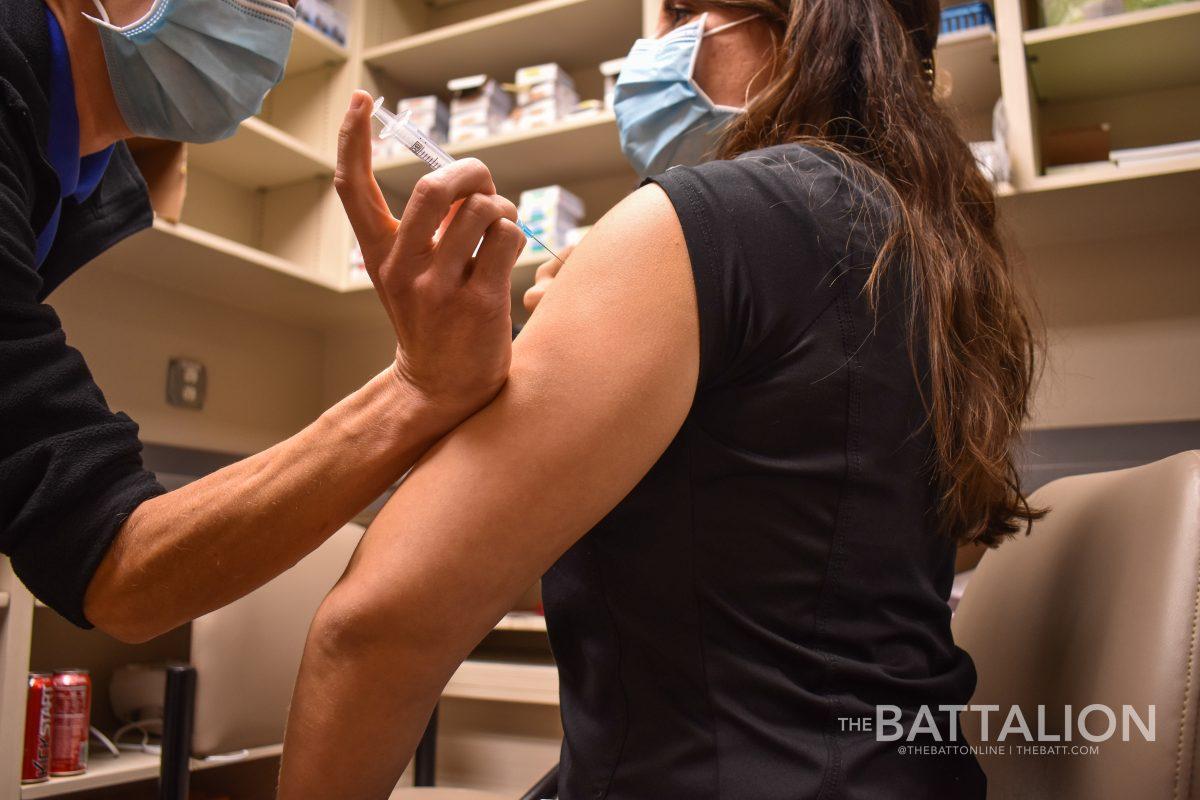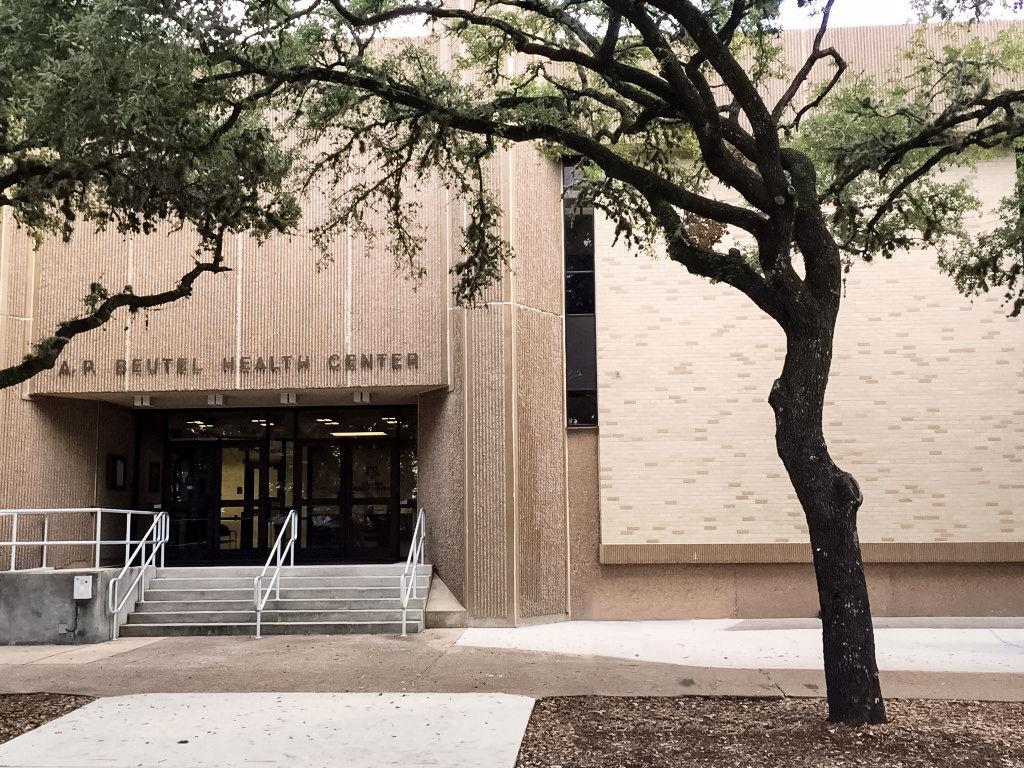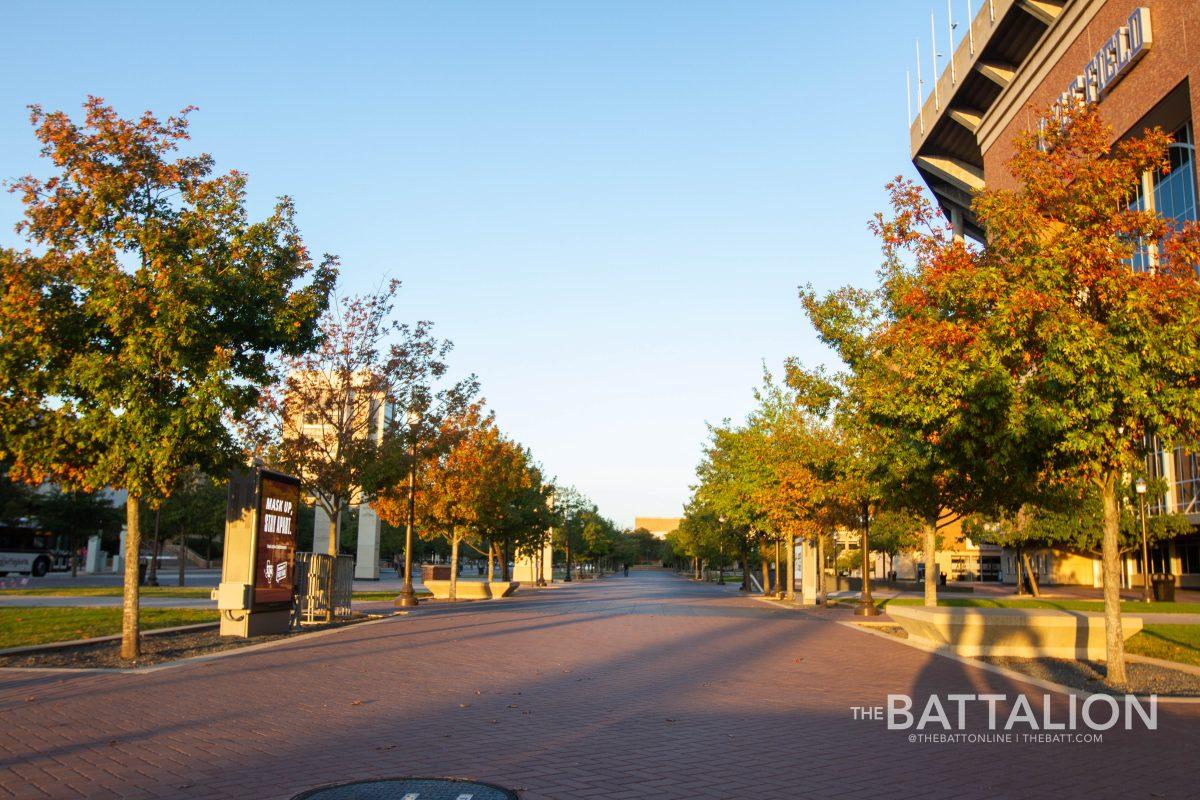When we got news that campus would be closing in response to the growing coronavirus pandemic, it was as if my whole world had stopped. Every plan to finish the semester strong was hurled off the edge into space. Gone now was my recently patented routine of rigid structure, fear-motivated discipline and caffeinated victory laps to finish previously procrastinated work. For some students, this break from the norm comes as a relief. For anyone who depends on some semblance of productivity to stay afloat, it comes as an existential threat.
With looser deadlines, asynchronous video lectures, social distancing and the loss of part-time jobs, many students—like myself—are left with an excess of time. Free-time like this is often hard to come by, mostly because free-time usually isn’t “free” at all. When you are both a part-time worker and a full-time student, you have to ration when to be a friend, a family member and a citizen (and any time left in between these things are for checking Twitter and Instagram, of course). In other words, your time and attention is like stock constantly up for exchange. The primary terms on which you self-negotiate these exchanges are set out for us pretty clearly: time is money.
Like any careful financier, I was ready to budget my time out in the form of militaristic scheduling. No time was to be “wasted” by lazing around during this quarantine. I no longer had any excuses for not furthering my career outside of school. Instead, this was my time to finally write the novel, direct the short film or master the Adobe Creative Suite and launch myself into self-made success. At 7 a.m. I would wake up. At 7:20 a.m. I would eat a bagel and from 8 a.m. to 5 p.m., I would circuit between working on schoolwork and my creative projects.
After my first and only attempt at this, I ate the bagel at 11 a.m. and decided I couldn’t do it. Such is the life of a dramatic femme to spend a subsequent day wallowing in this failure. When I emerged from this minor depression, I had to ask myself: why was it my first instinct to allocate all this much needed free time toward productivity? Not only that, but these goals were so grandiose and unrealistic that I was practically bound to fail from the start. Yet, I felt something must be wrong with me if I couldn’t throw myself at a blank canvas for my future career. Why were my creative endeavors I hoped to achieve so intrinsically linked to how they would be received and used as a means to an end? For example, why couldn’t I bring myself to write just for writing’s sake?
The inertia caused by this sudden halt in productivity can be a source of anxiety for anyone. In a normal work day, we are so accustomed to the external pressure to produce that any time spent doing otherwise is “wasted” time. This pressure comes from the link that hustle culture creates between self-worth and productivity. We have a two-fold dependency on work to both survive and be assigned societal value. Every hour spent being unproductive is a lost investment, lost potential, lost time. This unhealthy mode of thinking became second nature for me, and I carried it into quarantine.
The more hours I spent idling, the more I saw myself becoming locked into a spiral of guilt based on an unhealthy illusion of always being on the clock. Instead, we can remind ourselves of the intrinsic value of time that comes from experiencing life as it happens and being present with those we love. We are being given a unique opportunity to put obligations to ourselves and our families before obligations to an external economic pressure.
What does it look like to decipher between these two obligations? For me it was understanding that not every day spent in this social distancing period had to be a day fulfilling some prophecy of occupational success. I could create things for myself and keep them to myself. I could learn a new skill because it interests me, not simply because it would look good on LinkedIn. I could mull around a new idea by talking to my friend instead of going to Twitter to receive various metrics of approval.
In this way, I hope time in global quarantine can teach us to redefine personal productivity to mean something more than creating goods, services or increasing cultural capital. That isn’t to say that any commitment to work ethic should just be abandoned. It is unrealistic and narrow to suggest everyone even has the luxury to decide to work less when off the clock. However, many American companies currently provide their workers just enough time off so they don’t become mentally burnt out or suicidal, but not enough time to really cultivate a meaningful life outside of work. For some of us, this may be one of the few chances we get to do so. Therefore, I hope from this bit of extra time we can learn to protect, nurture and fight for the relationships, hobbies and interests we have outside of work.
The pandemic can teach us to have a life outside of work
March 26, 2020
Donate to The Battalion
Your donation will support the student journalists of Texas A&M University - College Station. Your contribution will allow us to purchase equipment and cover our annual website hosting costs.



























